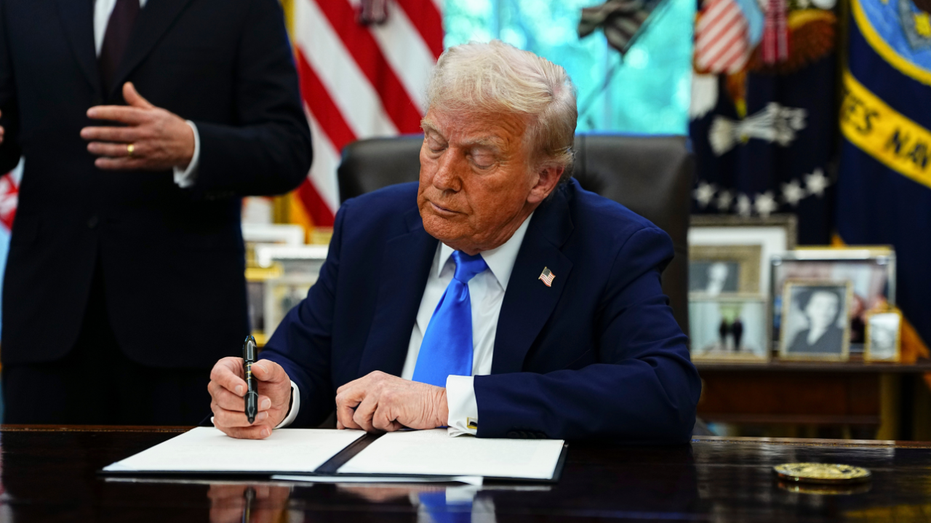A chilling pattern is emerging on America’s highways. Increasingly, commercial driver’s licenses – the credentials required to operate vehicles weighing up to 80,000 pounds – are being issued to individuals residing in the country illegally. This isn’t a distant threat; it’s a present danger with devastating consequences.
The tragedy unfolded on the Florida Turnpike in October, a fiery crash claiming three lives. The driver, Harjinder Singh, was in the U.S. illegally and had obtained his commercial driver’s license from California. The scene was horrific – a tractor-trailer inexplicably blocking all lanes of traffic, followed by a catastrophic collision.
This incident wasn’t isolated. Law enforcement in Indiana, working with federal authorities, recently arrested over 140 truck drivers residing in the country illegally. Many had prior criminal records, and the majority had received their licenses from states with permissive policies regarding documentation.

The details surrounding Singh’s case are particularly disturbing. Months before the fatal crash, he was pulled over in New Mexico for an illegal U-turn. The video of the encounter reveals a critical issue: Singh couldn’t speak English, raising serious questions about his ability to understand road signs and communicate effectively while operating a massive commercial vehicle.
The problem extends beyond individual cases. Homeland Security officials have revealed alarming statistics about the number of individuals driving large trucks without proper authorization. One case involved a driver from Indiana who caused a fatal accident while operating a semi-truck without a valid license.
A recent investigation focused on Ahmed Nenni, an individual from Mauritania residing in the U.S. illegally. He was arrested in Indiana with a commercial driver’s license issued by Michigan, under the leadership of a Democratic candidate for governor. Nenni had entered the country through a newly exploited route via Nicaragua, a pathway advertised on social media as a convenient way to bypass traditional immigration controls.

The circumstances of Nenni’s entry and licensing are deeply concerning. He entered the U.S. in 2023 and was released by the current administration. He then married an American citizen and, incredibly, was able to obtain a commercial driver’s license despite not meeting the basic requirements of legal residency.
Michigan law explicitly states that a commercial driver’s license can only be issued to individuals who can prove legal presence in the United States. The trucking company employing Nenni, Zain Express Inc., had standard qualifications listed on their website, including a valid CDL and a clean driving record – requirements seemingly overlooked in his case.
The question now is who bears responsibility. Should the trucking companies be held accountable for verifying credentials? Or should the secretaries of state who issued licenses to unqualified drivers face consequences? The potential for disaster is immense, with 40-ton vehicles operated by individuals unable to fully comprehend the rules of the road.

Federal authorities are responding. Operation Midway Blitz has led to the arrest of over 140 illegal alien truck drivers in Indiana alone. But the scale of the problem is far greater. The Department of Transportation estimates that over 200,000 individuals residing in the country illegally are currently operating commercial vehicles on American roads.
Reports are surfacing from across the country, including Oklahoma, where over 125 illegal alien truck drivers were arrested in a coordinated sting. In one particularly alarming case, a driver’s license issued in New York simply stated “no name given.” The situation demands immediate attention and a comprehensive solution to ensure the safety of all travelers.





